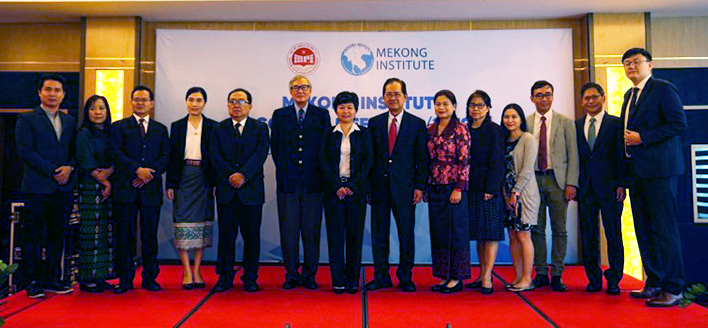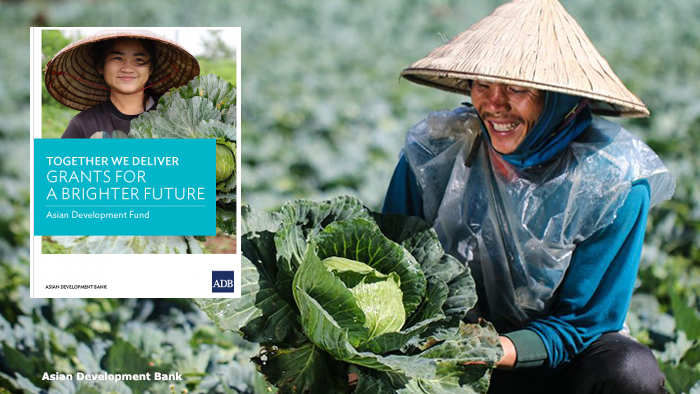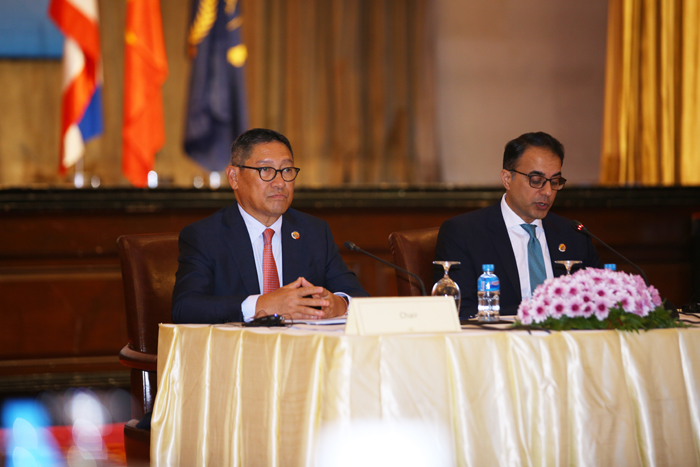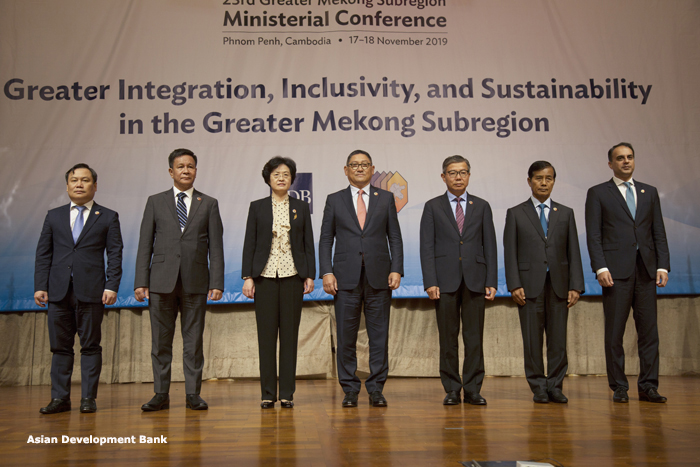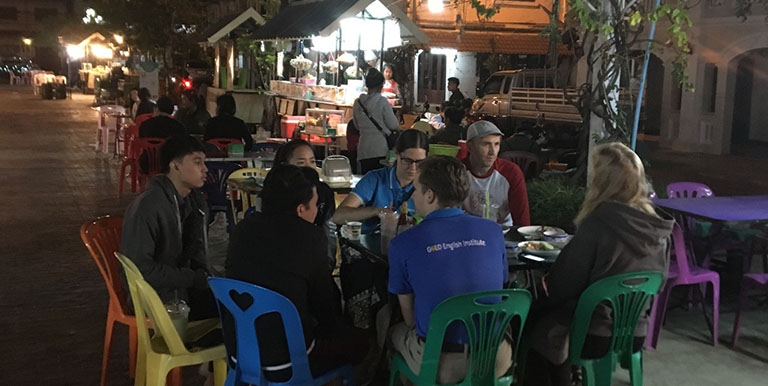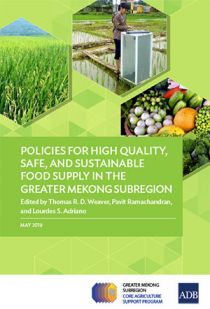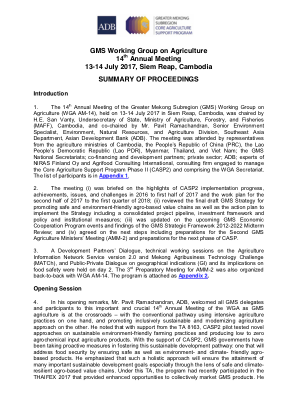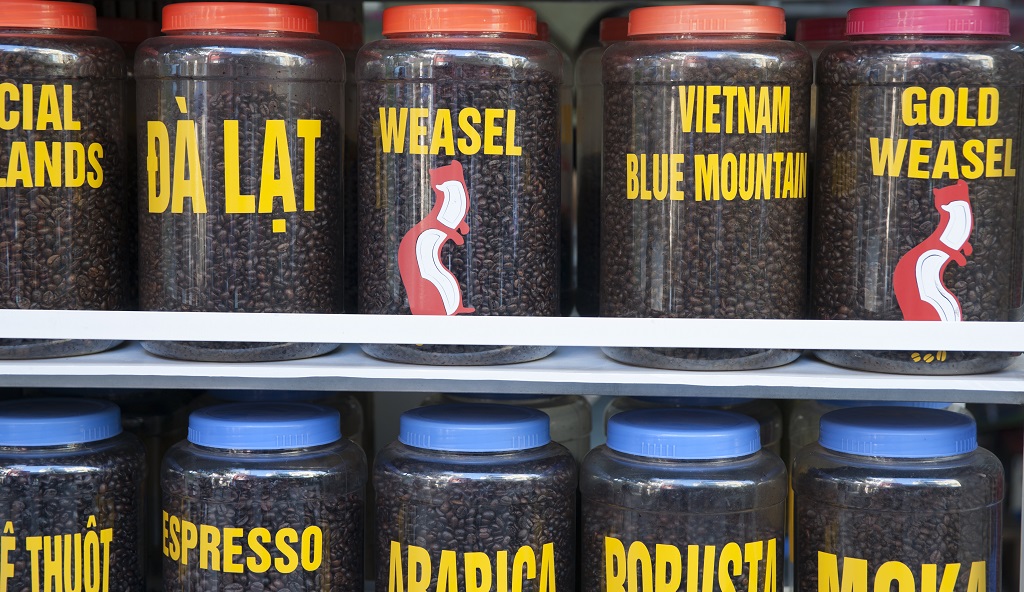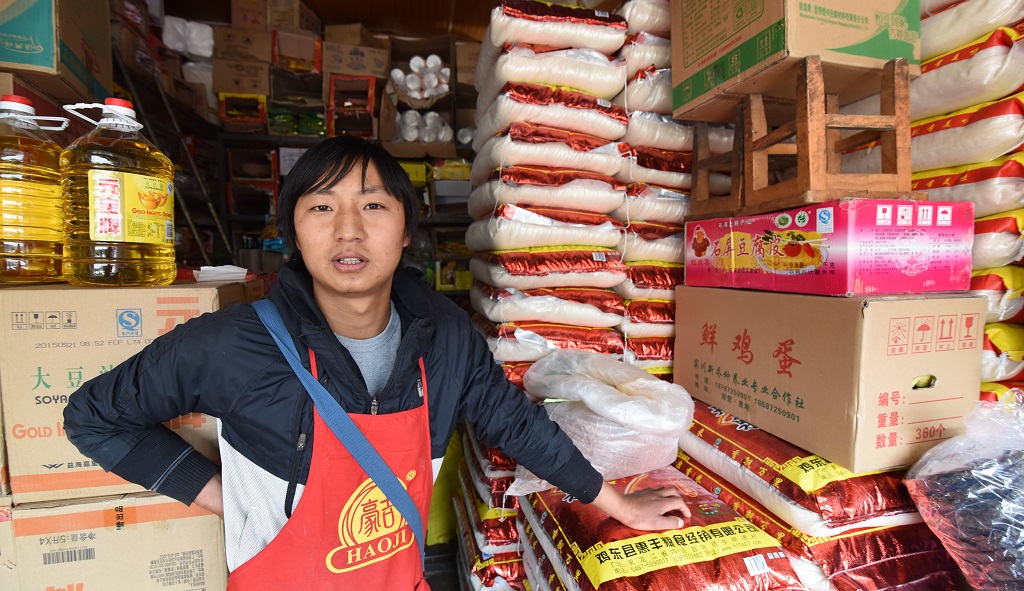Mekong Institute’s Capacity Building Activities Continue to Expand Knowledge in the GMS
In 2019, the Mekong Institute conducted 112 capacity building activities that benefitted 3,270 participants from the Greater Mekong Subregion (GMS) countries in the areas of agricultural commercialization, trade and investment facilitation, and innovation technology and communication. Furthermore, Mekong Institute alumni held 155 trainings and workshops, expanding knowledge sharing to an additional 9,031 beneficiaries across Cambodia, People’s Republic of China (PRC), Lao People’s Democratic Republic (PDR), Myanmar, Thailand, and Vietnam.

